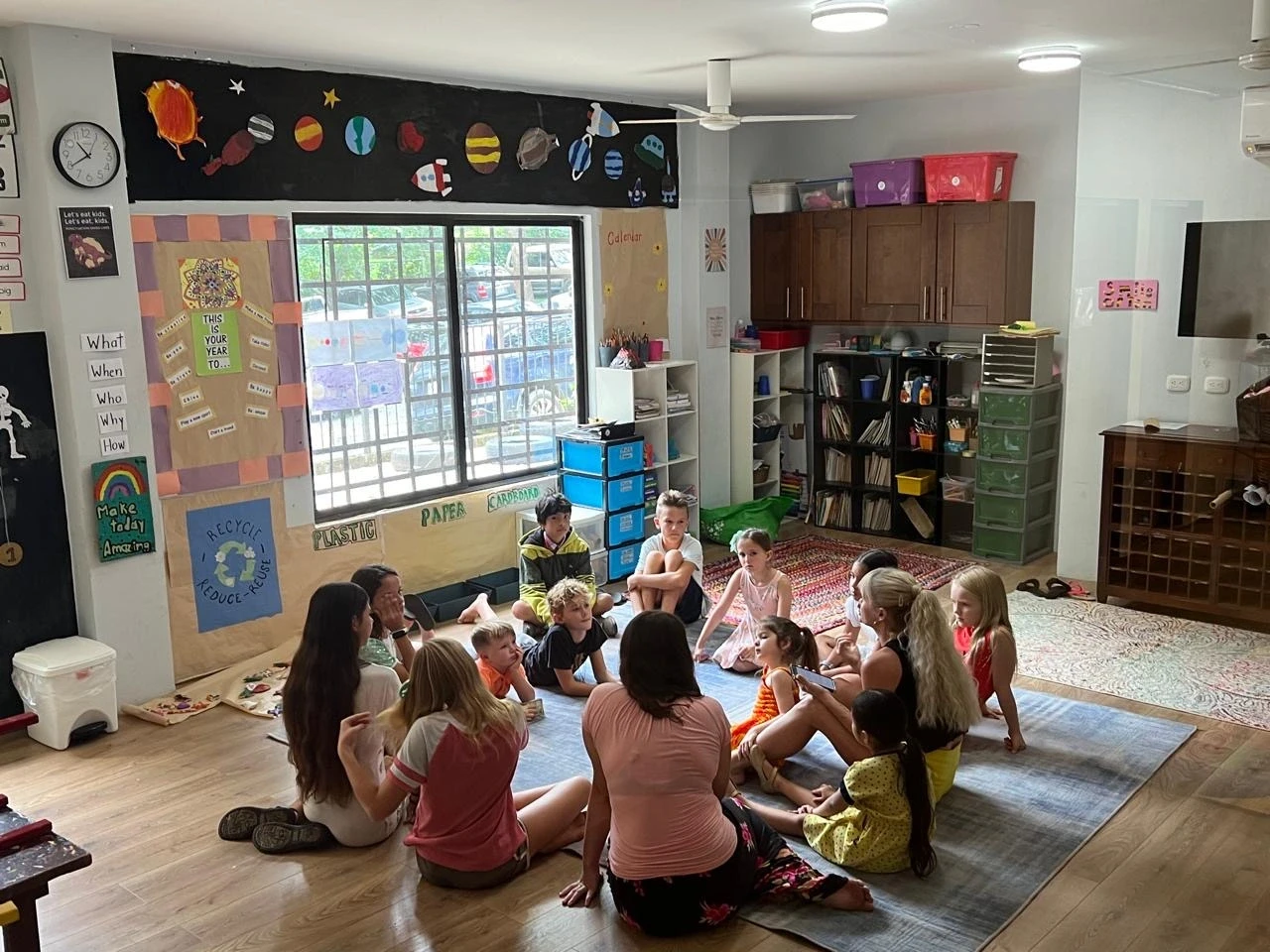Ofrecemos traducción en vivo al español durante nuestros servicios del domingo.
Juan Manuel López Palacios
Juan Manuel Lopez Palacios was born in Buenos Aires and has been living in Costa Rica since 2005. Married to his beloved wife, María Luisa, he is a passionate follower of Jesus Christ that finds joy in reading God’s Word, spending time in nature with his wife, cooking, and staying active through sports. He’s been serving as teaching pastor, alongside Andy, since July 2021.
Andy Ahrens
Andy Ahrens was born in Oregon City, Oregon. In 2001 Andy moved to Redding, California, for Bible college, where he met his wife, Lydia. After starting and operating businesses in online retail and property development, the family relocated to Tacoma, WA, where Andy attended seminary. In 2012, the Ahrens family moved to Tamarindo, Costa Rica, where they became part of the newly planted Tamarindo Church. In 2021, Andy began serving as a Teaching Pastor at Tamarindo Church alongside Juan. Andy and Lydia have three children: Colson, Liam, and Adalyn.
© 2024 Tamarindo Church. All rights reserved.
Website Made With ❤️ By VANA Creative









